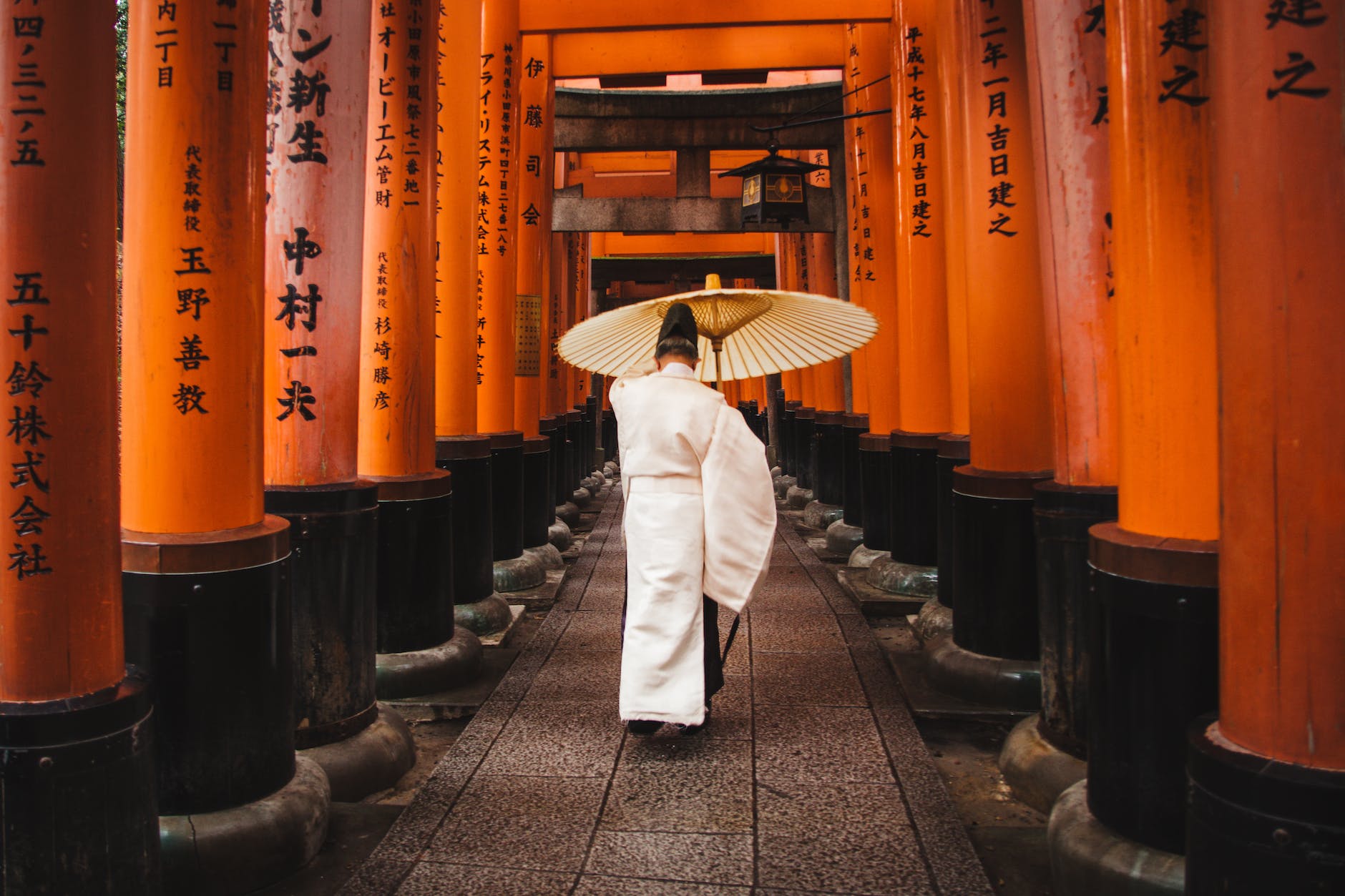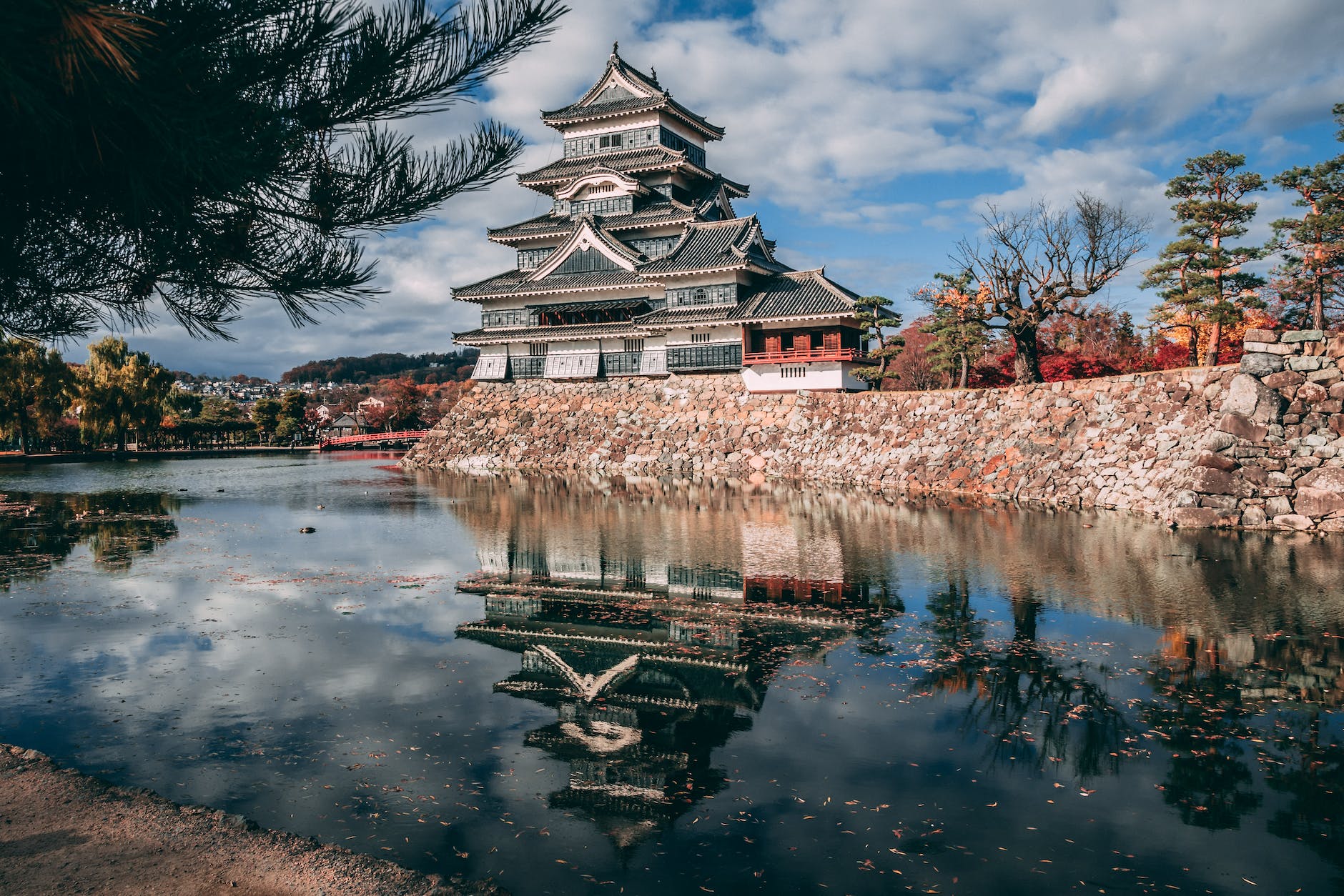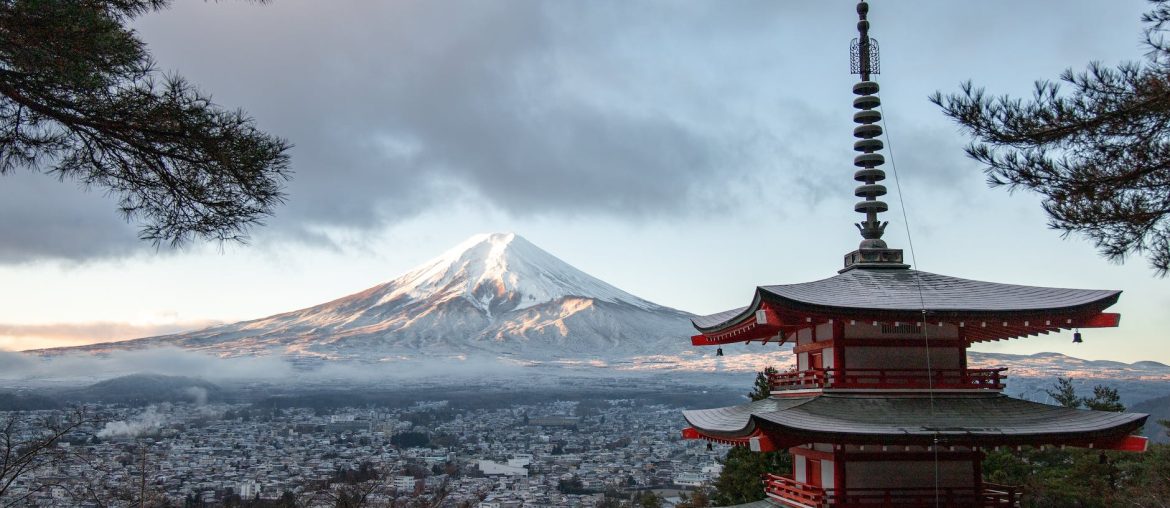Japan will soon end its restrictions on individual tourist trips and lift its daily arrivals cap as it attempts to capitalize on a recovery in international tourism.
The new and eased travel policies are expected to be announced by Prime Minister Fumio Kishida in the coming days.

The most recent relaxation of Japan’s entry regulations, which are now the strictest among the Group of Seven major countries, is anticipated to occur in October, however, the outcome will depend on the latest COVID-19 situation both domestically and internationally.
The government is attempting to capitalize on the increase in autumn travel demand at a time when a weak yen increases the purchasing power of foreign visitors to Japan.
After the change, short-term visitors from the United States and a few other nations won’t need visas to enter Japan. Japan will also eliminate the 50,000-person daily tourist limit.
It is envisaged that qualified tourists will need to fulfill a number of requirements, such as their immunization history.

The most recent COVID-19 outbreak in Japan has subsided, urging Tokyo to act more quickly to loosen border controls, an area where Singapore, Thailand, and other Asian countries have an advantage.
In November of last year, Japan implemented an almost complete moratorium on fresh foreign immigration. The government began permitting supervised entrance for students and business visitors in March, and in June it allowed tourists to go in escorted groups.
Japan removed the requirement on September 7 for visitors to show evidence of a negative COVID test performed within 72 hours of leaving for Japan, provided they have received three rounds of COVID injections. The government also eliminated the necessity for guides on group trips and increased the daily admission quota from 20,000 to 50,000 visitors.
Prior to the epidemic, Japan granted visa-free stays of up to 90 days to citizens of 68 nations and regions. Since then, the government has placed visa restrictions on all foreigners, increasing the administrative burden on tourists.



Comments are closed.